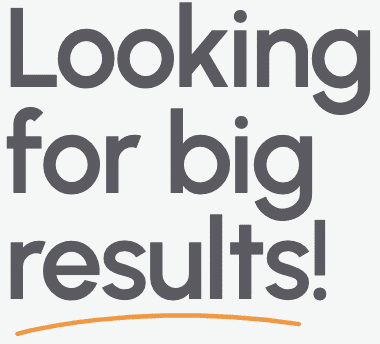Leaders often face complex moral dilemmas. Balancing ethical considerations with business goals is about fostering trust, reputation, and long-term success; plus it is a matter of compliance. Let’s dive into how you, as a leader, can navigate these challenges with integrity and wisdom.
Understanding Ethical Leadership
Ethical leadership is not just about doing the right thing; it’s about leading with values and principles. It means making decisions that are not only legally compliant but also morally sound. As Simon Sinek puts it, “Leadership is not about being in charge. It’s about taking care of those in your charge.” This involves a deep understanding of the impact your decisions have on your team, customers, and the broader community.
Navigating Moral Dilemmas
When facing a moral dilemma, it’s essential to have a structured approach:
- Recognize the Ethical Issue: Sometimes, the ethical aspect of a decision might not be apparent. Take a step back and assess the situation from a broader perspective.
- Gather Information: Understand all aspects of the dilemma. This includes legal, financial, and social implications.
- Consider the Stakeholders: Who will be affected by your decision? Consider the interests of employees, customers, shareholders, and the community.
- Evaluate Alternatives: Look at all possible courses of action. What are the potential outcomes of each?
- Make a Decision: Use your judgment to make the best possible decision, keeping in mind your core values and the company’s ethos.
- Reflect on the Outcome: Post-decision, evaluate the outcomes. What can you learn from this situation?
Ethical Decision-Making in Practice
Let’s consider a real-world example. A tech company discovers a flaw in its product that poses minimal risk but disclosing it could harm the company’s reputation and financial stability. The CEO, guided by ethical principles, decides to proactively address the issue and inform customers, reinforcing trust and credibility in the long run.
The Role of Culture
Creating an ethical culture means setting clear values and standards, and leading by example. As Verne Harnish, author of “Mastering the Rockefeller Habits,” says, “The only way to build a robust company is by building a robust culture.”
Tools and Resources
To aid in ethical decision-making, consider tools like AlignToday’s strategic planning resources. These tools help align your decision-making process with your core values and long-term business objectives.
Conclusion
Ethical leadership is a journey, not a destination. It’s about continuously striving to align your actions with your values and inspiring others to do the same. By embracing ethical decision-making, you pave the way for a more sustainable, trustworthy, and successful business.
Remember, in the words of Jim Collins, “Greatness is not a function of circumstance. Greatness, it turns out, is largely a matter of conscious choice, and discipline.”





